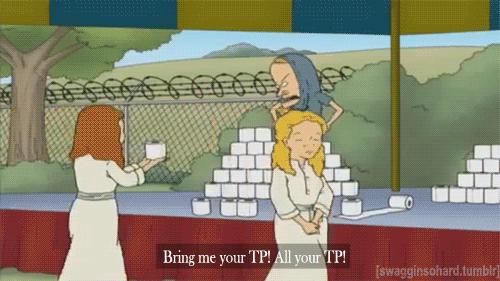He was influenced by the examples of Fidel Castro and Che Guevara and became president after coup d'etat organised by Blaise Compaore, at the age of 33.
He was charismatic and iconic figure in Africa at the time because he advocated the idea of Pan-Africanism. As of first day in the office he launched one of the most ambitious projects for social, economic and cultural change ever attempted.
''Our country produces enough to feed us all. Alas, for lack of organization, we are forced to beg for food aid. It’s this aid that instills in our spirits the attitude of beggars.''
He nationalized complete economy, rejected foreign help, terminated all connections to IMF and World Bank, and redistributed land from French landlords to Burkinabe farmers. He educated farmers about methods of irrigation and fertilization of land.
Within four years Burkina Faso reached food sufficiency, and production of wheat and cotton increased dramatically.
He raised women's rights to the highest level, 82% of population became literate during his presidency, he lowered poverty five times, introduced free healthcare and education and vaccinated more than 3 million children in an attempt to eradicate polio, meningitis and measles.
He also changed the colonial name of country, Upper Volta to Burkina Faso which means 'land of upright man'.
He played guitar and composed new national anthem.
